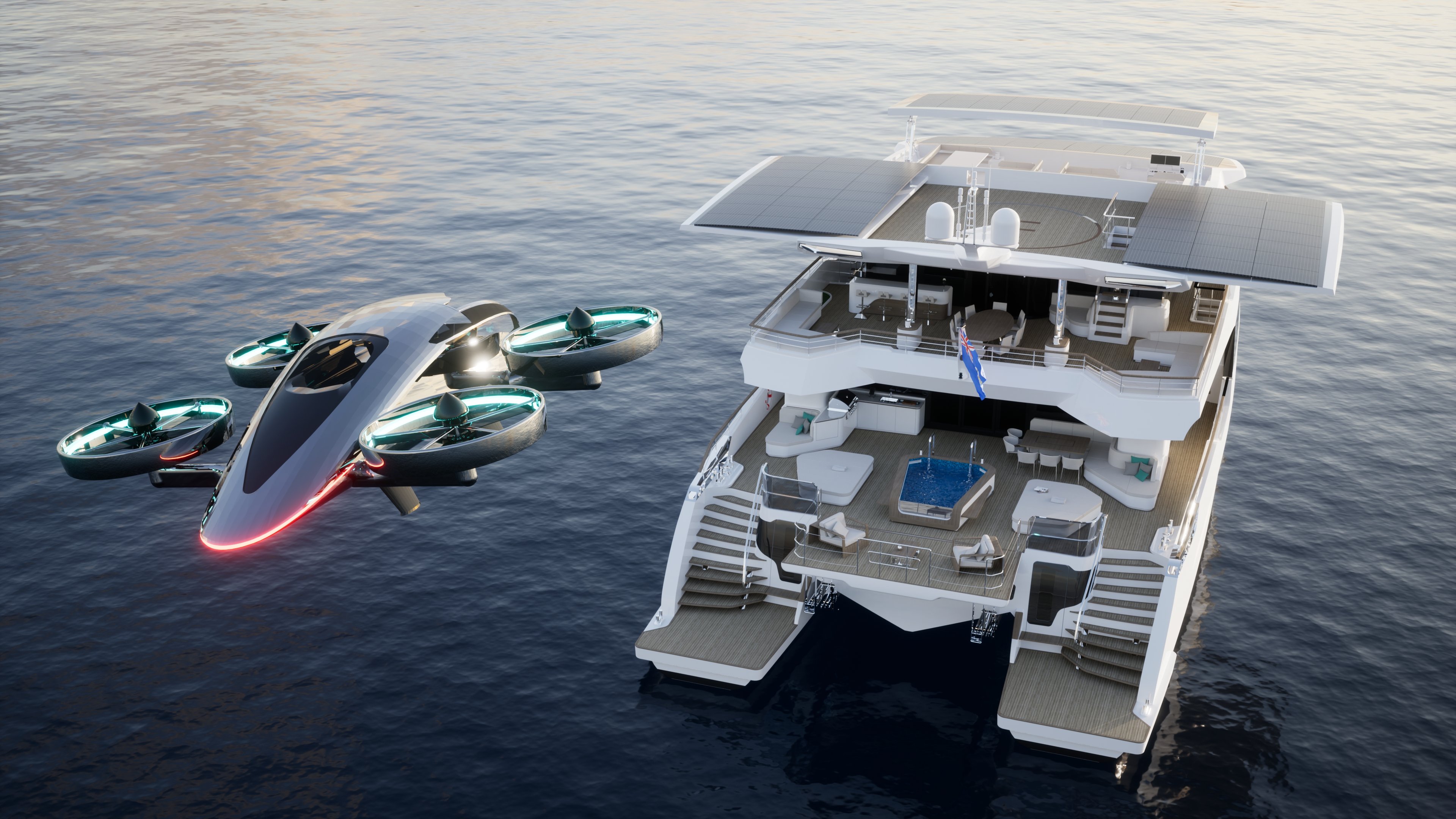VRCO expects to be more visible in 2023 as it steps up efforts to bring its Xcraft XP4 four-seat eVTOL aircraft to market. Having outgrown its facilities at Derby in the north of England, the company is preparing to move to a headquarters in the vicinity of London Heathrow Airport to create more space for development work and to start flight testing a prototype by early 2024.
Another key aspect of VRCO’s revised business plan is that it has signed up the Spanish engineering services group CITD to provide support for design work and eventually the type certification process. The provisional program timeline now projects airworthiness approval being achieved by early 2026, with progress toward an earlier 2024 target having slowed during the Covid pandemic.
The new partner’s location within the European Union is expected to give easier access to the EASA regulatory process to circumvent the UK’s post-Brexit isolation, as well as potential access to European Horizon 2020 research and development funding, which the company says improves value for shareholders. VRCO’s facilities include a training space where virtual reality and simulation technology is used to make progress in building knowledge about the design and operation of the vehicle.
Madrid-based CITD has done extensive work on new electric aircraft projects such as Eviation’s nine-passenger fixed-wing Alice model. The company, which has also worked for major aerospace groups including Airbus, has some 30 engineers available to work on the XP4 project.
To date, VRCO—which stands for Vehicle Redesign Company and was launched in 2015—has produced a quarter-scale technology demonstrator of the XP4, of which an earlier iteration was the two-seat Xcraft XP2. Founder and CEO Mike Smith told FutureFlight that the company is also working on smaller-scale freight drones based on the same airframe that would include cargo holds accessible from the top and bottom. It aims to announce details about this version of the design during the second quarter of this year.
VRCO views affluent private owner-pilots as its primary market for the XP4, rather than commercial applications such as air taxi services. Smith believes that regulators will be content for the vehicle to be flown by private pilot license holders, who will likely start their preparation using the process for helicopter instruction, including some 45 to 50 hours of flight training. However, this approach seems to presuppose some limitations on where and how the aircraft will be permitted to operate and could exclude busy airspace.
In January VRCO announced a partnership with solar catamaran builder Silent-Yachts to make its XP4 available to owners of the 37-meter-long (120-foot) Silent 120 model. Silent-Yachts is also offering its clients the U-Boat Worx Nemo two-seat electric submarine, which can dive to 100 meters. VRCO aims to exhibit its vehicle at the Monaco Yacht Show. VRCO says it plans to announce a partnership with a private adventure tours operator later this month.
VRCO intends to launch a Series A funding round in the coming weeks to raise around £20 million ($24 million) to support prototype development and the task of securing design organization approval. Smith said that a higher-value Series B round, or perhaps an initial public offering, could follow around mid-2024 to support high capital expenditure related to efforts such as the construction of manufacturing facilities.
Until late 2022, VRCO was part of the U.S.-based Airo Group’s plans to merge what it saw as complementary aviation business with a view to going public on Wall Street. The UK company has since decided to go it alone by breaking away from former partners including eVTOL aircraft developer Jaunt Air Mobility and Aspen Avionics. It says that this path may lead to its own initial public offering or the creation of another group with related businesses.
To expand its capabilities, VRCO is now interviewing candidates holding the Form 4 post-holder status required as part of the Design Organization Approval process for new aircraft manufacturers. With the support of CITD, the company hopes to receive DOA approval in 2024 and has undergone training with the UK Civil Aviation Authority to this end.
